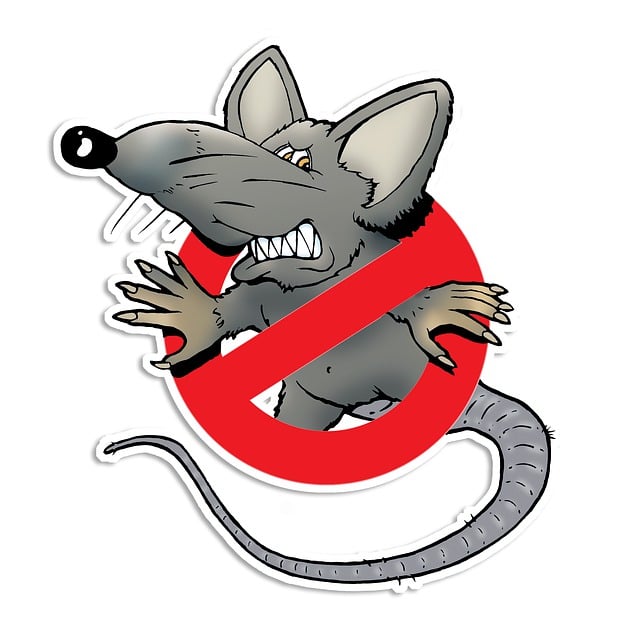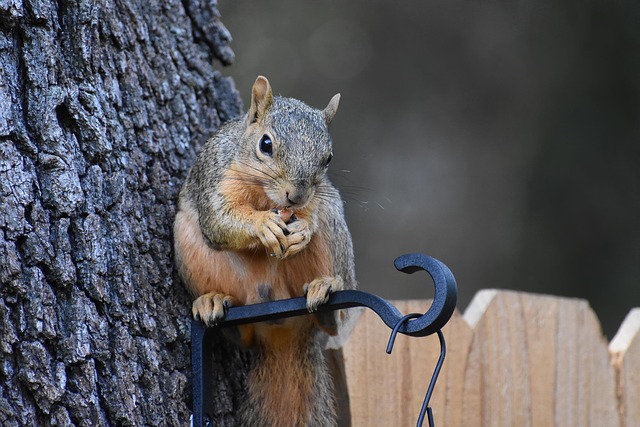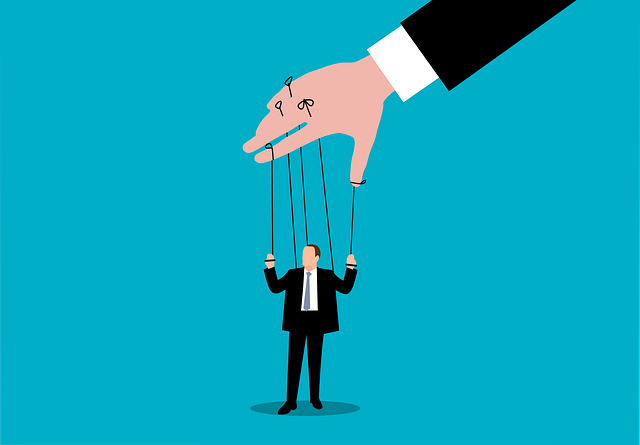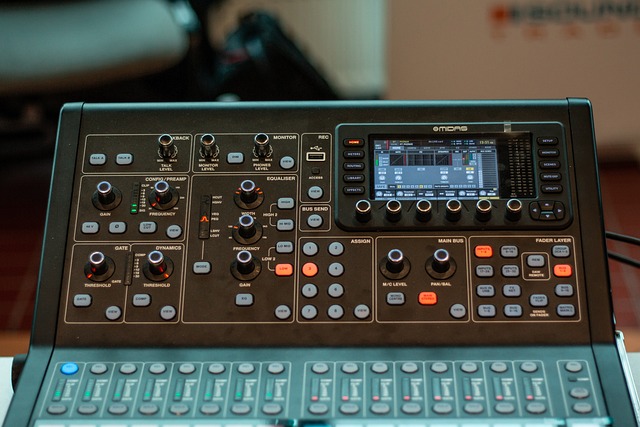Rodent infestations in commercial spaces pose significant health risks, requiring professional rodent control methods for effective elimination and prevention. Businesses should engage expert services that offer safe, advanced techniques like trapping, baiting, and sealing entry points to target entire colonies. Adhering to local laws, understanding rodent behaviors, and implementing tailored strategies are crucial for a clean, productive environment and legal compliance. Regular inspections, maintenance, and education are key to long-term protection against mice, rats, and future infestations.
Rodent infestations pose significant challenges for businesses, impacting operations, reputation, and even legal standing. This comprehensive guide delves into the intricacies of commercial rodent control, covering everything from understanding common species’ behaviors to implementing effective prevention strategies. We explore legal considerations, the importance of professional intervention, post-removal care, and maintenance tips. Discover expert advice on achieving and maintaining a rodent-free environment for your business with top-tier professional rodent control services.
Understanding Rodent Infestations in Commercial Spaces

Rodent infestations in commercial spaces are a common concern for business owners, posing significant health and safety risks. Unlike residential areas, commercial properties often provide ample hiding spots and food sources, attracting rodents like mice and rats. These tiny invaders can swiftly multiply, causing damage to structures, contaminating food supplies, and spreading diseases through their droppings and urine. Regular inspections are crucial for early detection, as established infestations require professional rodent control methods.
Businesses should understand that a rodent problem is not just an inconvenience; it demands prompt action from experts who employ safe and effective treatments. Professional rodent control services utilize advanced techniques, such as trap placement, baiting, and sealing entry points, to eliminate the entire colony while minimizing environmental impact. By addressing the issue comprehensively, businesses can maintain a clean, healthy, and productive work environment for their employees and customers alike.
The Impact of Rodents on Business Operations and Reputation

Rodent infestations can significantly impact business operations and reputation. These unwelcome visitors don’t just cause physical damage to structures; they also disrupt daily activities, pose health risks, and may even lead to legal issues. Rats and mice are known carriers of various diseases, including salmonella and leptospirosis, which can pose a serious threat to employees and customers alike. Their presence can result in closed businesses, lost revenue, and damaged customer trust—a major concern for any company looking to maintain a positive reputation.
Hiring professional rodent control services is essential for effective and long-lasting solutions. Businesses that encounter rodent problems should not attempt DIY methods, as they often fail to address the root causes. Instead, professionals employ advanced techniques, including targeted treatments, sealants, and exclusion strategies, to ensure rodents are removed safely and permanently. This proactive approach not only saves businesses from immediate disruptions but also prevents future infestations, creating a healthier, more productive work environment.
Legal Considerations for Rodent Removal in Commercial Settings

When dealing with rodent removal in commercial settings, it’s crucial to understand and adhere to various legal considerations. Different regions have stringent regulations regarding pest control practices to ensure the safety of employees, customers, and the environment. For businesses, employing professional rodent control services is not just a matter of effective management but also compliance with local health and safety codes. These regulations dictate the types of chemicals and methods that can be used, emphasizing humane and eco-friendly practices.
Business owners must ensure that any pest control measures are conducted by licensed professionals who follow established protocols. Using unauthorized or inappropriate methods can result in hefty fines and legal repercussions. Professional rodent control experts are well-versed in these regulations, providing peace of mind while ensuring the process is carried out legally and ethically.
Common Rodent Species Found in Businesses and Their Behaviors

In business settings, several rodent species can be common unwelcome visitors. The most frequent intruders include mice and rats, both of which are highly adaptable and known for their ability to thrive in various environments, including warehouses, offices, and restaurants. Mice, with their small size and quick reproduction rate, often enter buildings through tiny cracks and gaps, quickly establishing colonies. They are particularly drawn to food sources, making them a common issue in kitchens and dining areas. Rats, on the other hand, are larger and more aggressive. They prefer open spaces and are excellent climbers, allowing them to gain access to attics, walls, and even air vents. Their powerful jaws enable them to chew through almost any material, posing a significant risk as they can cause extensive damage to structures.
Understanding their behaviors is crucial when it comes to effective professional rodent control. Mice and rats have distinct nesting habits; mice prefer soft, hidden spots where they can build elaborate nests, while rats choose more open areas like walls or floors. They also exhibit different feeding patterns; mice are omnivores with a preference for grains and seeds, whereas rats primarily consume meat, dairy, and starchy foods. Recognizing these behaviors allows pest control specialists to implement tailored strategies, ensuring efficient and humane rodent removal for businesses.
Effective Prevention Strategies for Commercial Properties

Implementing effective prevention strategies is key to maintaining a rodent-free commercial property, ensuring both a safe and hygienic environment for employees and customers alike. A professional rodent control service should be at the forefront of every business’s pest management plan. These experts can identify potential entry points and offer tailored solutions, from sealing gaps and repairing damaged fixtures to setting up traps and using eco-friendly repellents.
Regular inspections are vital, especially in areas prone to food storage or waste accumulation. Promptly addressing any signs of rodent activity, such as droppings or chewed materials, is crucial to preventing infestations. Additionally, maintaining clean premises, properly storing food, and securing trash cans with tight-fitting lids can significantly deter rodents, serving as a first line of defence in professional rodent control.
Professional Rodent Control: What to Expect from Expert Services

When it comes to rodent removal for businesses, professional rodent control services offer a comprehensive and effective solution. These experts are trained to handle various rodents, from mice to rats, using advanced techniques and eco-friendly methods. They begin with an in-depth inspection to identify entry points and sources of infestation, followed by tailored strategies to eliminate the problem at its root.
Professional rodent control involves a combination of traps, repellents, and exclusion techniques. Experts employ high-quality equipment and products designed for safety and efficiency. They also provide ongoing monitoring and maintenance plans to prevent future infestations, ensuring a clean and pest-free environment for businesses.
Post-Removal Care and Maintenance Tips for Business Owners

After professional rodent control services have been engaged and the pests are removed, maintaining a rodent-free environment is key for business owners. Regular maintenance checks are essential to prevent future infestations. This includes sealing any gaps or entry points that might allow rodents to re-enter, ensuring proper waste management and sanitation practices, and keeping areas clean and clutter-free. Traps and deterrents can be strategically placed in high-risk zones as a secondary measure.
Business owners should also educate their employees about the importance of recognizing signs of rodent activity and reporting them promptly. Encouraging good hygiene practices among staff and customers can significantly reduce the risk of infestation. Regular deep cleaning, especially in food preparation areas, and maintaining a well-lit exterior can act as powerful deterrents against rodents seeking shelter and food sources.
